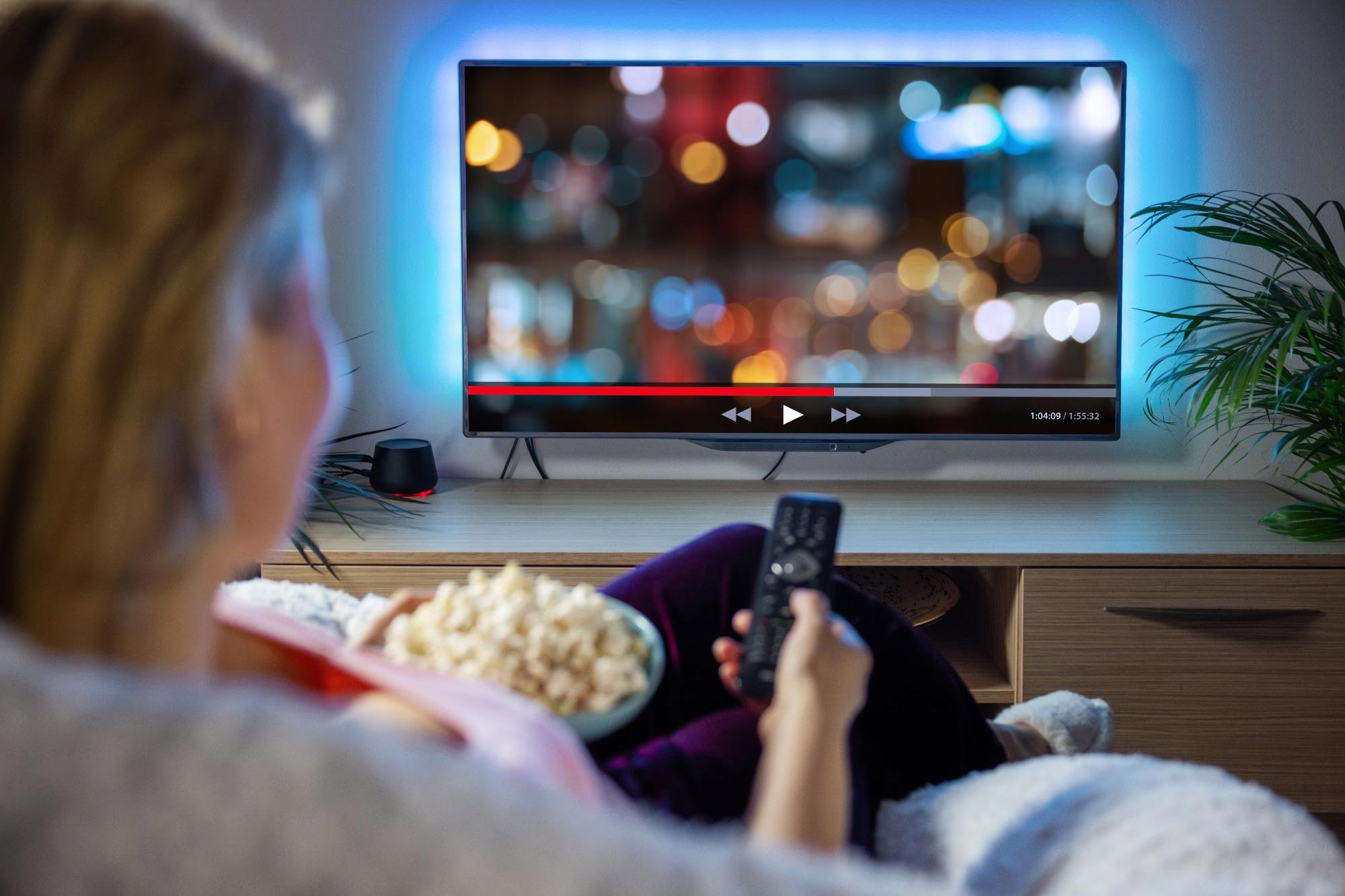Binging a good show or book can spark your imagination and help you get through tough times.
If you enjoy binge-watching, chances are you have told yourself, “Just one more episode,” more times than you can count.
While it is often criticized as an unhealthy habit, new research from the University of Georgia suggests that extended viewing sessions might also carry some unexpected benefits.
According to the researchers, people who watch multiple episodes in a row often find that stories linger in their minds long after the screen goes dark. This tendency to keep thinking about what they watched is not necessarily negative.
The study revealed that those who consume movies, shows, or even books in long stretches are more likely to remember the narratives and continue engaging with them through imagination, daydreaming, and fantasy.
“Humans are storytelling creatures,” said Joshua Baldwin, lead author of the study and postdoctoral researcher at the University of Georgia. “One of the functions of narratives is the ability to satisfy motivations for things like connecting with other people, feeling autonomous and confident, and even security and safety.
“Stories have characters that fulfill these roles, and we can satisfy those needs through them.”
Binge-watching may help viewers build mental worlds where stories continue even after finishing the series. And these tales may help them cope in times of stress.
People who binge-watch more likely to engage with stories through imagination
Binge-watching may help make stories more memorable by helping viewers connect plot threads and come away with a bigger picture of the story. This is especially true for longer series, with lots of different plotlines and characters to follow.
The study suggests binge-watchers are more likely to think about stories they’ve finished than people who consume media more slowly.
“People who have that habit of binge-watching shows often aren’t doing it passively but are actually actively thinking about it afterwards,” said Baldwin. “They’re very much wanting to engage with stories, even when they’re not around to watch shows.”
Memorable stories are better suited for imagination
To imagine a story, a person needs a good memory of it. Most participants said they tend to remember and fantasize more often about stories they enjoyed or thought to be moving and meaningful.
Overall, the respondents said TV shows were more memorable than books. But that doesn’t mean books are forgettable.
“If you think about people who are avid book readers, like those who might read a whole book from cover to cover, they might have a better memory of that book and have a higher chance of engaging with the story mentally after finishing it,” said Baldwin.
Binge watching is not always a bad thing
Though impacts on well-being need to be explored further, the positives and negatives of binging may come down to the individual, the researchers said.
“There’s a lot of debate over whether or not media is a good or bad thing, but it’s always nuanced argument,” said Baldwin. “It always depends on the content itself, why people are watching it, the psychological background of the individual, and the context.”
Reference: “Watching one more episode and reading one more chapter: What entertainment contexts lead to retrospective imaginative involvement?” by Joshua Baldwin, Ezgi Ulusoy, Morgan Durfee, Rick Busselle and David R. Ewoldsen, 6 June 2025, Acta Psychologica.
DOI: 10.1016/j.actpsy.2025.105101
Never miss a breakthrough: Join the SciTechDaily newsletter.
Source link
